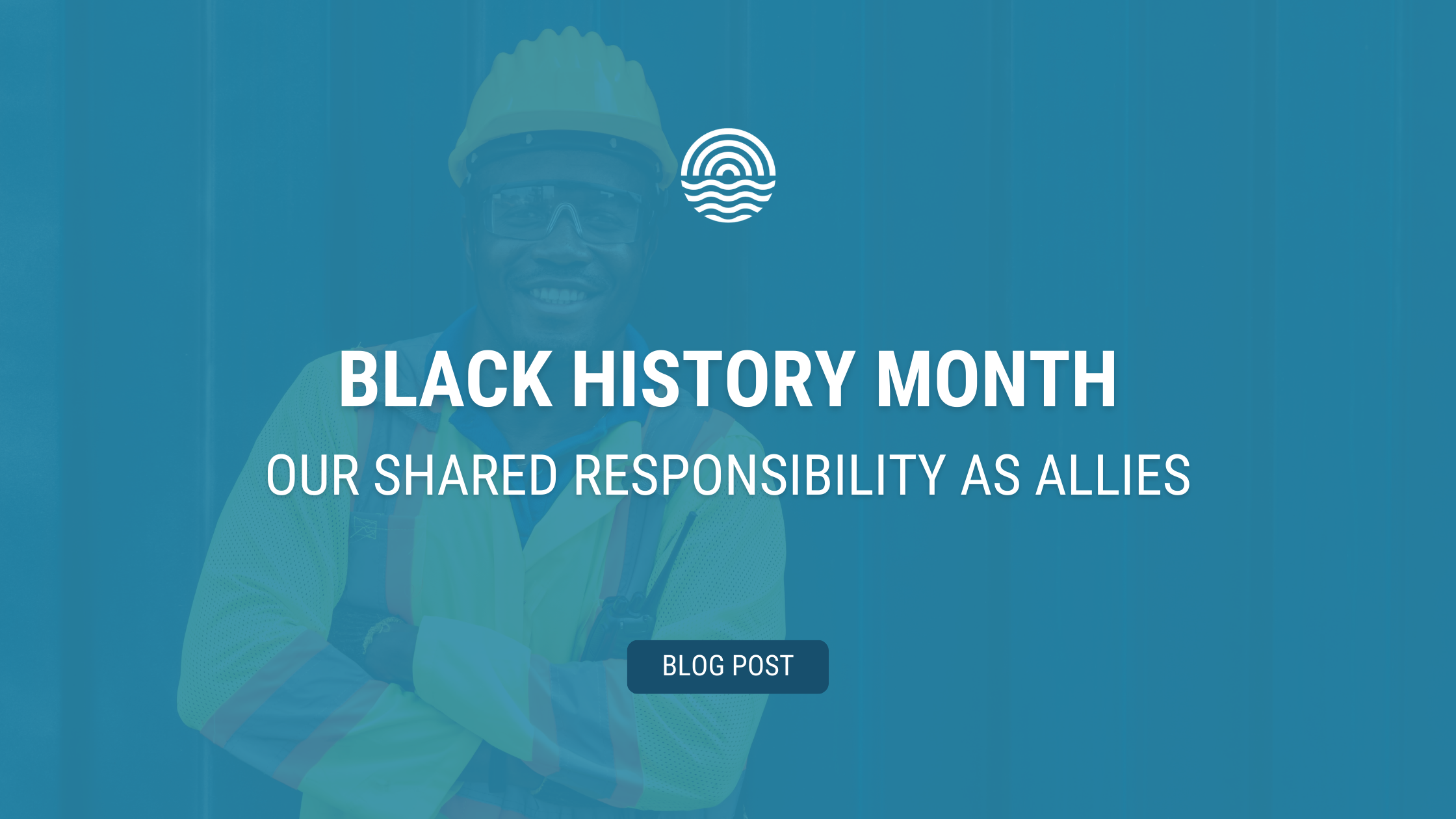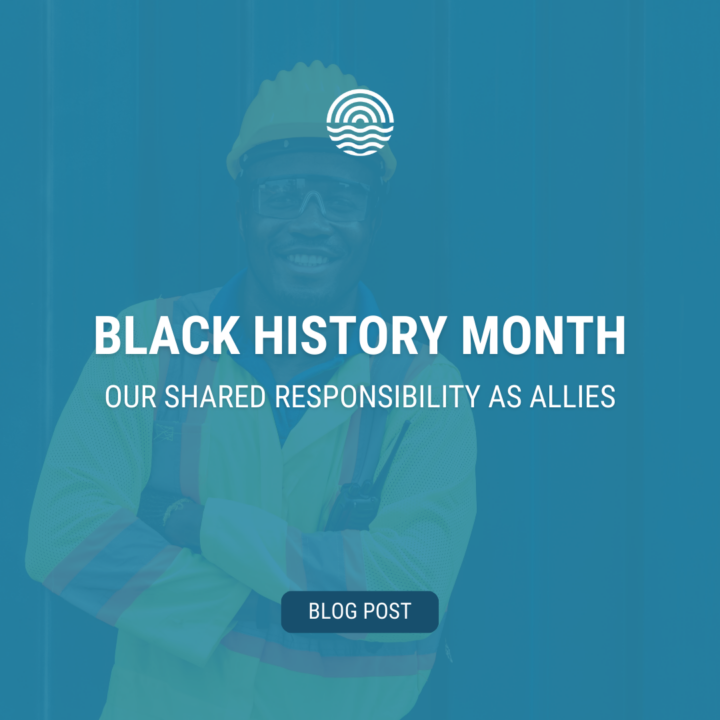
BLOG POST
Black History Month: Our Shared Responsibility as Allies
Black History Month is celebrated in February and is a time dedicated to recognizing the rich contributions and achievements of Black Canadians, amplifying Black voices, and celebrating the heritage and history of Black individuals.
It’s important to recognize that the responsibility of acknowledging, respecting, and uplifting Black history extends beyond the Black community. In this blog post, we’ll discuss the significance of Black History Month and explore the shared responsibility that we, as both allies to the Black community and allies in general, all share in fostering an inclusive and equitable society.
What is Allyship?
Allyship is a term that describes the active, intentional, and ongoing support of marginalized and underrepresented groups.
An ally is someone who advocates for and stands in solidarity with individuals or communities that face discrimination or injustice.
Being an ally involves recognizing one’s privilege, actively working to understand the experiences of those facing oppression. Then, we must use that understanding to contribute to positive change. Allies play a pivotal role in dismantling systemic barriers and fostering environments where everyone is empowered to thrive and show up as their authentic selves.
Understanding Our Responsibility as Allies
- Education and awareness: To be effective allies, we must first educate ourselves. This involves exploring Black history beyond the mainstream narratives, understanding the nuances of systemic racism, and staying informed about current issues affecting the Black community.
- Amplifying Black voices: By creating safe spaces for meaningful dialogue and challenging instances of marginalization, we can amplify and uplift Black voices and experiences.
- Addressing microaggressions: Part of allyship involves recognizing and addressing microaggressions – subtle, often unintentional, discriminatory remarks or behaviours. Allies can contribute to a more inclusive environment by speaking out against these microaggressions and promoting respectful dialogue.
- Supporting Black-owned businesses: Economic empowerment is a crucial aspect of allyship. Supporting Black-owned businesses stimulates economic growth within the community and contributes to breaking down economic disparities that persist.
- Reflecting on personal biases: Recognizing and addressing personal biases is an ongoing journey. As allies, we must engage in regular self-reflection. This enables us to actively seek to identify and dismantle any unconscious biases that may influence our perceptions and behaviours.
Final Thoughts: Our Responsibility as Allies
Black history is Canadian history. The narratives of Black resilience, triumph, and contribution are integral to the rich history and culture of Canada.
As allies, we must actively stand up for our friends, colleagues, family members, and strangers who are enduring the impact of systemic injustices. This means listening with empathy, amplifying their voices, and actively working towards dismantling the barriers that persist. As we embrace the interconnectedness of our histories, we pave the way for a more inclusive Canada, ultimately celebrating everyone’s story.
Additional Resources
- BC Black History Awareness Society: “Anti-Racism: Struggle, Strategy, Resilience”
- BC Black History Awareness Society: 2024 Black History Month Events
- City of Vancouver YouTube Series: Supporting Black-Owned Businesses


